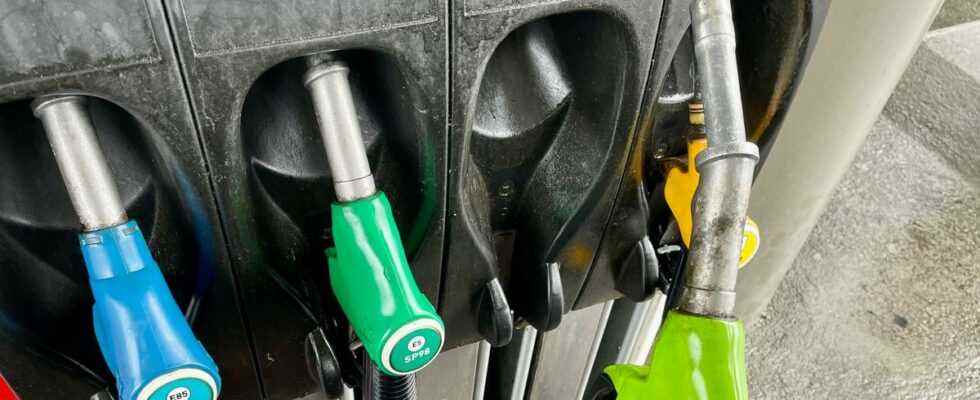According to the latest study note from the Economic Analysis Council, the rebate allowed the wealthiest to save 18.50 euros over a month, against 9.50 for more modest households.
While on the price of fuel, the executive and Les Républicains are converging on an agreement, namely a significant discount in September (probably greater than the current 18 cents), which would become less significant as we approach the end of the support period in December, a study by the Economic Analysis Council (CAE) brings new elements to the debate.
In his study onthe financial situation of households at the start of the energy crisis“, the organization attached to Matignon estimates that the wealthiest benefit the most from the discount of 18 centimes per liter since they are the biggest consumers of gasoline. “The biggest consumers of gasoline are also among the wealthiest households. The discount of 18 cents on the price at the pump is therefore regressive. It benefited twice as much in the last decile (about 18.50 euros) than in the first decile (9.50 euros)“, specifies the note of the CAE.
“It benefits twice as much for the wealthiest people”
A situation confirmed by Philippe Martin, delegate president of the CAE, Friday on France Inter : “The richest 10% spend around 200 euros on gasoline per month on average, the poorest 10% around 100 euros. The calculation is easy, it will benefit the wealthiest people twice as much”. And to add : “From this point of view, we are rather in favor of targeted measures rather than a general drop in gas prices.» Conversely therefore the government’s preferred option.
In total, about a third of households are considered “dependent» gasoline, ie fuel costs represent at least 8% of their total consumption. However, only “a small half of them” would be “financial constraint“. These French people dependent on their car and financially constrained are most often rural households, young single people, workers and employees, holders of low financial assets. A dependence on gasoline, accompanied by soaring prices, which therefore forced them to adjust their other expenses.
However, despite the rise in fuel prices and inflation at 5.8% in June 2022, the CAE does not observe at this stage “very strong and widespread deterioration in the financial situation of households“. Even on the side of the most modest households, “we do not see a recent increase in households with a negative current account», with the exception of retirees.
Read alsoFuel: Elisabeth Borne proposes to double the transport premium, from 200 to 400 euros
Low-income households, however, have fully used their additional savings dating from the Covid-19 period. “Since June 2021 and until June 2022, their savings in euros are almost unchanged, which implies that they have been reduced in real terms by the amount of inflation“, notes the organization. On the other hand, even if the savings of the wealthiest households have fallen back slightly in recent months, they still remain at a high level since “in June 2022, their stock of savings would thus be more than 10% higher» at the pre-health crisis level.
